Please join us in the beautiful Red Rock Country of Sedona for a day of fun at Oak Creek Arts and Crafts Shows. The shows are located on scenic Hwy 179 “The Gateway to Sedona” Take home your own personal piece of the Southwest. Sedona is one of the Nations top art destinations. Our shows host top local as well as native artist. This event takes place on June 6‑8 and 27‑29.
(Taken from the event’s website: http://oakcreekartsandcraftsshows.com/index-1.html )

Also called the Moon Cake Festival, China’s harvest festival is an occasion to scoff these sweet treats. The cakes, made of a thin dough shell containing fillings such as jelly, dates and nuts or red bean paste, start appearing everywhere a month before the celebration. If they’re not sick of the snacks by the time of the event, celebrants eat them within view of the real star of the festival: the moon. Held on the September full moon, during the autumn equinox, the tradition is about observing the transition of the seasons. In Japan, one of the other Asian countries where faces turn to the night sky, people even climb onto rooftops to get closer to the moon.
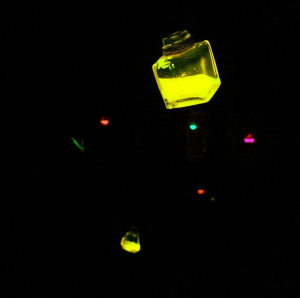
The longest-running series of benefit concerts in America, Farm Aid grew out of a comment made by the Bob Dylan at the Live Aid concert in Philadelphia. Suggesting it would be great if the musical community could help America’s struggling family farms as well, Dylan inspired Neil Young, Willie Nelson and John Mellencamp to organise an event. The first Farm Aid took place two months later in Champaign, Illinois and raised $7 million. Two decades later, the concerts have raised more than $30 million and featured great American axe wielders such as Tom Petty, Stevie Ray Vaughan, the Grateful Dead (by satellite in 1987) and, of course, the organizers.
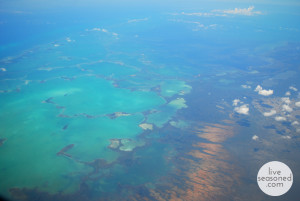
Like the Cure Salée, the festival held in the High Atlas town of Imilchil is all about livestock and finding a partner. The most famous example of 600-plus moussems, the event is a homecoming celebration for herders who have spent the summer taking advantage of grazing grounds. The cattle fair adds to the chaos created by souqs (markets) and nomadic campgrounds, which look as striking as the surrounding mountains.
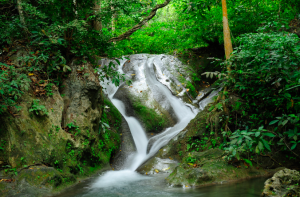
Kitsch, possibly of the unintentional kind, comes out to play at the Cows’ Ball. More than 50 years old, the festival marks a winter homecoming; not of men, but of cattle, which return to the alpine Bohinj valley after a summer spent in green pastures. Daisy and friends are truly the belles of the rural ball, as they are decorated with wreaths and shown off on a parade. Accompanied by herders, cheesemakers, milkmaids and other dairy-farming types, they pass Lake Bohinj and, rising 130m above it, Govin Waterfall. The falls are only active after heavy rain, so hopefully there won’t be any spray to spoil the animals’ get-up.
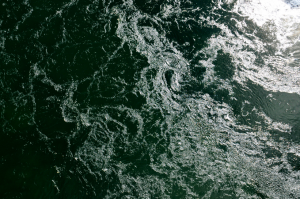
Situated near Africa’s southernmost tip, Hermanus has a front-row view of the Cape Whale Route. During migrating season, people flock to the clifftops to glimpse the endangered southern right whale. Given that it overlooks Walker Bay, into which 70 whales have squeezed, the town once took its blubber-related fortune for granted. In an attempt to formalise the clifftop viewing, it started its festival and introduced the Whale Crier. The world’s only such crier, his blasts on the kelp horn are coded to direct eager cetacean-spotters.
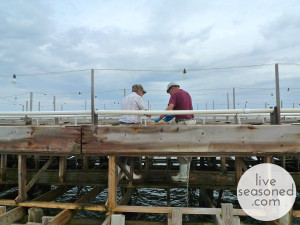
The Galway Oyster Festival is dedicated to Ostrea edulis, the European flat oyster. The local molluscs are left to grow for three years in the clean waters of Brandon Bay and Clarenbridge, blooming into a juicy delicacy. Tens of thousands of the slippery critters are consumed on the Guinness Oyster Trail, on which 30 pubs give out free trays of the seafood with pints of the dark stuff.
